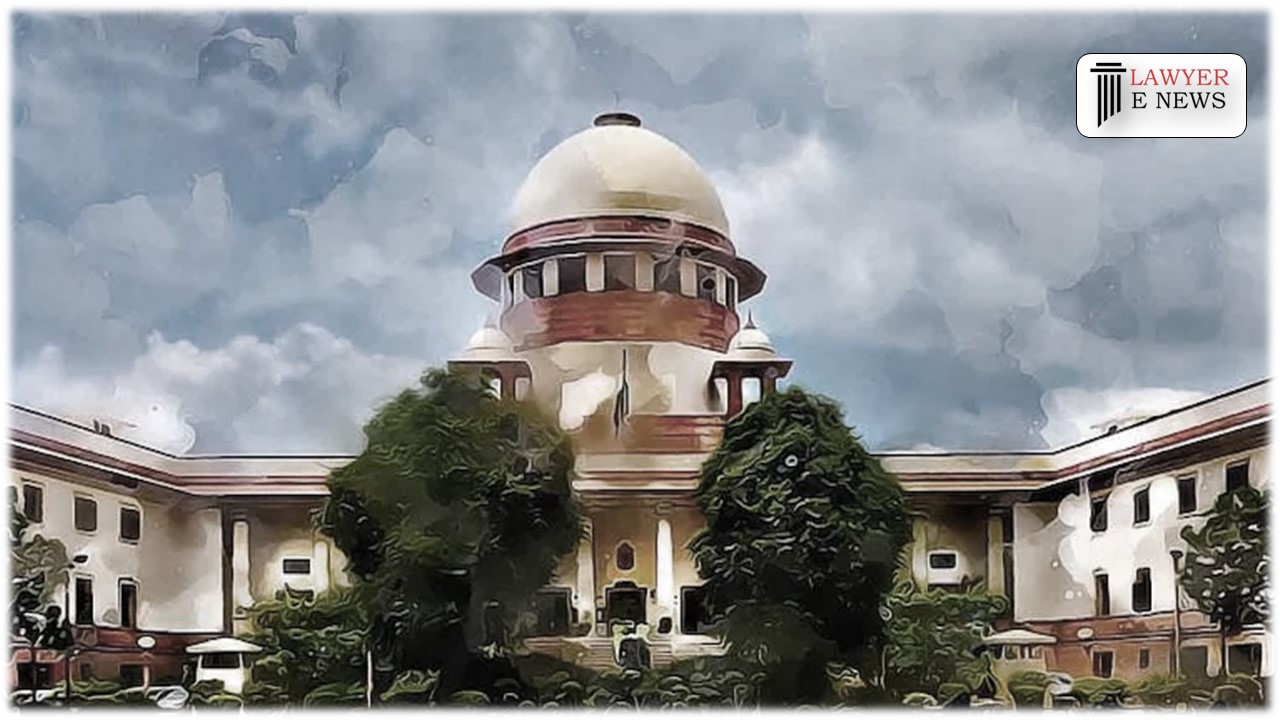-
by Admin
16 February 2026 1:47 PM



The Supreme Court in a landmark decision on February 22, 2024, dealt with the crucial question of whether non-disclosure of a criminal case, in which the candidate was acquitted, in the verification form is invariably fatal for the candidate’s employment. The bench of Justices J.K. Maheshwari and K.V. Viswanathan, in the case of Ravindra Kumar vs State of U.P. & Ors, held that such non-disclosure should not always lead to the cancellation of employment, emphasizing that each case must be assessed based on its special facts and circumstances.
The case revolved around the cancellation of Ravindra Kumar's selection as a constable due to his failure to disclose a criminal case in which he was acquitted. The Supreme Court examined whether this non-disclosure, as per the recruitment rules and character verification requirements, justifies the cancellation of his appointment.
Ravindra Kumar was embroiled in a criminal case for offences under Sections 324, 352, and 504 of the IPC, just five days after applying for the post of Constable. He was acquitted of all charges, but he did not disclose this case in his affidavit for character verification. As a result, his selection was cancelled by the authorities, citing Clause 9 of the Recruitment Notification and the Affidavit’s provisions.
The Court, referencing various precedents including Avtar Singh Vs. Union of India and Others (2016), emphasized the importance of objective criteria in deciding employment eligibility in cases involving non-disclosure of criminal cases. The Court observed, "Each case will turn on the special facts and circumstances," and that the ultimate action should be based upon objective criteria.
The Court found that Ravindra Kumar's non-disclosure was not willful or with the intention to deceive. His acquittal, the character verification report, and his socio-economic background played a significant role in the Court's decision. The judgement stressed the need for a nuanced approach in such cases, acknowledging the varied realities in a diverse country like India.
The Court allowed Ravindra Kumar's appeal, setting aside the previous orders. It directed his reinstatement to the post of Constable with all notional benefits except arrears of salary. The judgement signifies a progressive step towards a more empathetic and contextual adjudication in matters of employment eligibility, particularly in cases of non-disclosure of criminal records.
Date of Decision: 22 February 2024
Ravindra Kumar vs State of U.P. & Ors
